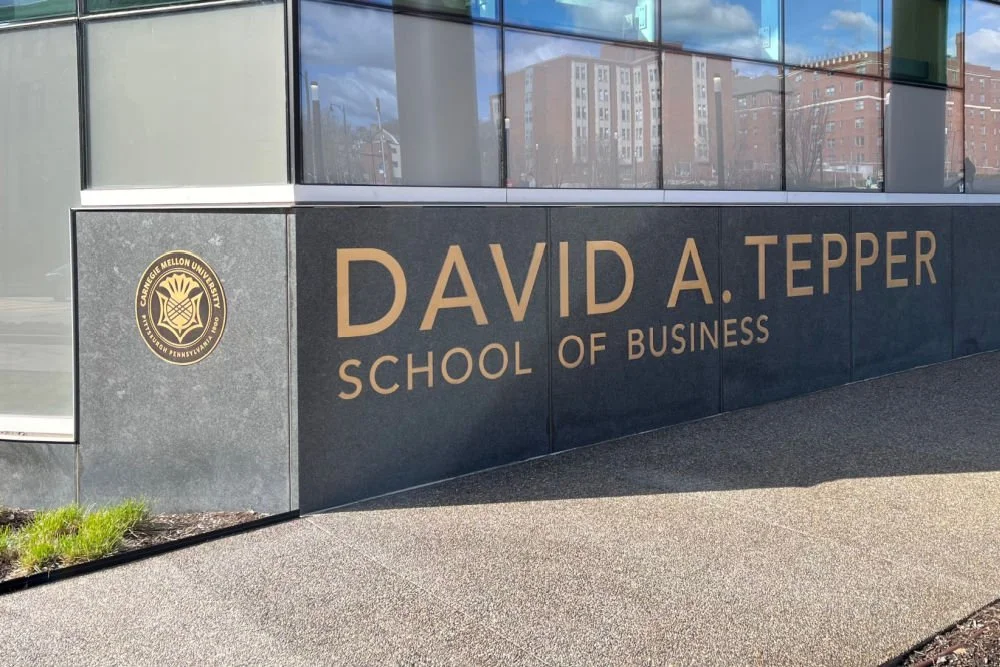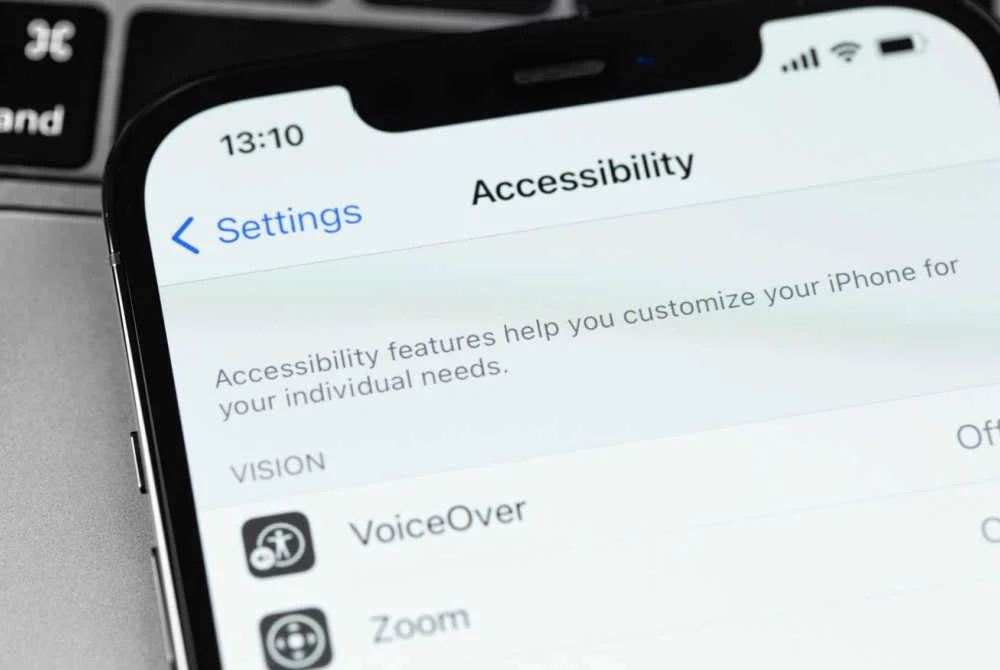In Boston, a Funder Sticks With Its Leadership Role on Workforce Development
/photo: Phovoir/shutterstock
Like many community foundations, the Boston Foundation has its fingers in a lot of pots. But if there's one theme that's really clear in its recent grantmaking cycles, it's jobs and workforce development—a priority that's also top of mind for many other funders these days, especially from the corporate world, amid rising concerns about economic and racial inequities in U.S. society.
In TBF’s latest funding round, it announced $2.1 million in grants going to 23 organizations in Greater Boston. TBF’s president and CEO, Paul S. Grogan, spoke of the foundation’s dedication to jobs in Boston, highlighting its support of Skillworks, the workforce funder collaborative and public/private partnership that TBF launched in 2003, along with the City of Boston. Like a lot of efforts in this space, Skillworks has an eye on helping low-income workers find better jobs and helping employers find skilled workers. It brings together stakeholders from different sectors to make this happen. It also supports a range of workforce development initiatives in the field. (See recent grantees.)
Catalyzing and sustaining Skillworks is a major accomplishment for TBF and the foundation intends to stick with it. Grogan said that that "With this round of grants, the Boston Foundation reaffirms its commitment to Skillworks as a centerpiece of our jobs and workforce development strategy."
Beyond a grant to Skillworks for $350,000, this job-related support in this grant cycle went to MassChallenge, a startup accelerator, which received a $250,000 two-year grant to help low-income women and minorities get involved in the region’s innovation economy. The New England Center for Arts and Technology received a $75,000 grant to train adults for food service industry jobs, and Resilient Coders received a $50,000 grant to train young adults between the ages of 18 and 26 to do web coding and find related jobs. Both of these awards were for one-year periods.
TBF isn’t the only grantmaker that sees hope for Boston’s workforce. The Lumina Foundation named Boston a top "Talent Hub" and one of the nation’s leading entrepreneurial engines. TBF is receiving $350,000 over the course of 42 months from Lumina to support the Success Boston partnership, which creates pathways from college to degree completion and career.
Meanwhile, there's also TBF's Open Door grants program. These are single-year grants, but ones that are a bit outside the normal areas of giving. The funder recently approved another $547,428 in these grants to 23 groups in the Boston area. Among the first grantees from the second year of the Open Door program, six grantees are receiving a second-year renewal. Interestingly, quite a few of these grantees come from outside of Boston and to groups in nearby cities, like Chelsea, Quincy and Lynn.
Overall, single-year grants tend to be the preferred strategy of TBF, as far as we can see. Only a few of the recent discretionary grants were for multi-year support.
In other news, TBF has been heavily involved in disaster relief efforts in Puerto Rico following Hurricane Maria and is facilitating a program to channel corporate funding to local groups that assist DACA beneficiaries. TBF is also interested in ways to strengthen nonprofit capacity and close the racial gap in nonprofit leadership, among its other activities.
As we said, this funder has its fingers in a lot of pots. Still, it’s the workforce development support that really stands out in its recent commitments. You can learn more about TBF’s jobs and economic development funding area here.
Related:







































